Atlanta United’s Carlos Bocanegra Speaks Out on The Importance of Educating Coaches, Getting Back into the World Cup and How Allstate is Helping Refurbish Fields in Underserved Areas
Soccer News: The former U.S. Men’s National Team captain Carlos Bocanegra joined Atlanta United as technical director on March 2, 2015. A two-time MLS Defender of the Year, Carlos Bocanegra also played professionally in England, Scotland, France, and Spain.
Bocanegra is a man who knows what it takes to be successful on soccer pitches around the world
Responsible for the implementation of a worldwide scouting network, Bocanegra also oversees the youth academy programs. As the former captain of the U.S. Men’s National Team for six seasons and 2010 World Cup team captain, Bocanegra hung up his pro cleats in 2014 after an outstanding 15-year career.
A California native, Bocanegra played at UCLA and was the fourth overall pick in the 2000 MLS SuperDraft, joining Chicago Fire and helping lead his new team to the 2000 MLS Cup final. Earning the MLS Rookie of the Year Award in 2000, Bocanegra signed with EPL’s Fulham just four years later.
After Fulham, Bocanegra played in France’s Ligue 1 and then joined Scottish Premier League’s Rangers until 2013 when he returned to MLS to play for Chivas.
SoccerToday’s Diane Scavuzzo interviewed Carlos Bocanegra on what ‘we’ as a country need to do to develop better players and grow the beautiful game in the USA.
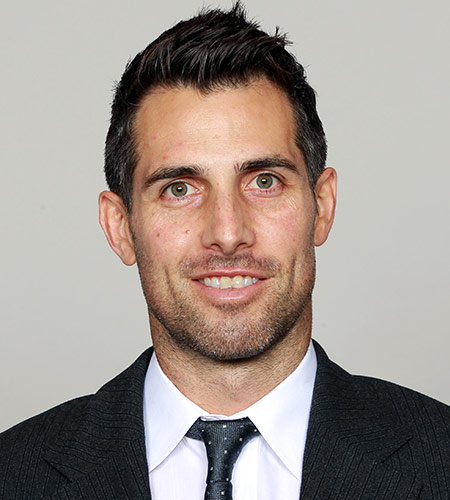
Diane Scavuzzo: We are really focused on helping our readers understand what ‘we’ need to do to make America soccer better and be able to compete successfully on the world stage.
The 2018 FIFA World Cup is over and France emerged victoriously and the USA didn’t even get a chance to play — you have had an amazing career and know the landscape of player development not only in the USA but around the world.
As a director of an incredibly successful MLS club, what do you think America’s doing right in terms of growing our talent today?
Carlos Bocanegra: Look, we obviously missed out on the World Cup and that hurt — that hurt everybody.
We have to use this as an opportunity to reboot.
This has been an opportunity to take a step back and say, “Hey, we didn’t get it completely right last time. We also didn’t get it completely wrong. But, we have a chance now to reboot and kind of restart and go forward now.”
Starting to introduce programming for younger kids, coaching education and really growing the sport. We need to give more kids the dream that they can play soccer as they get older and, as they start to enjoy the sport, they need a place to play with proper coaching and where the environment is a little bit better.
We’re working, as a soccer country, to ramp up.
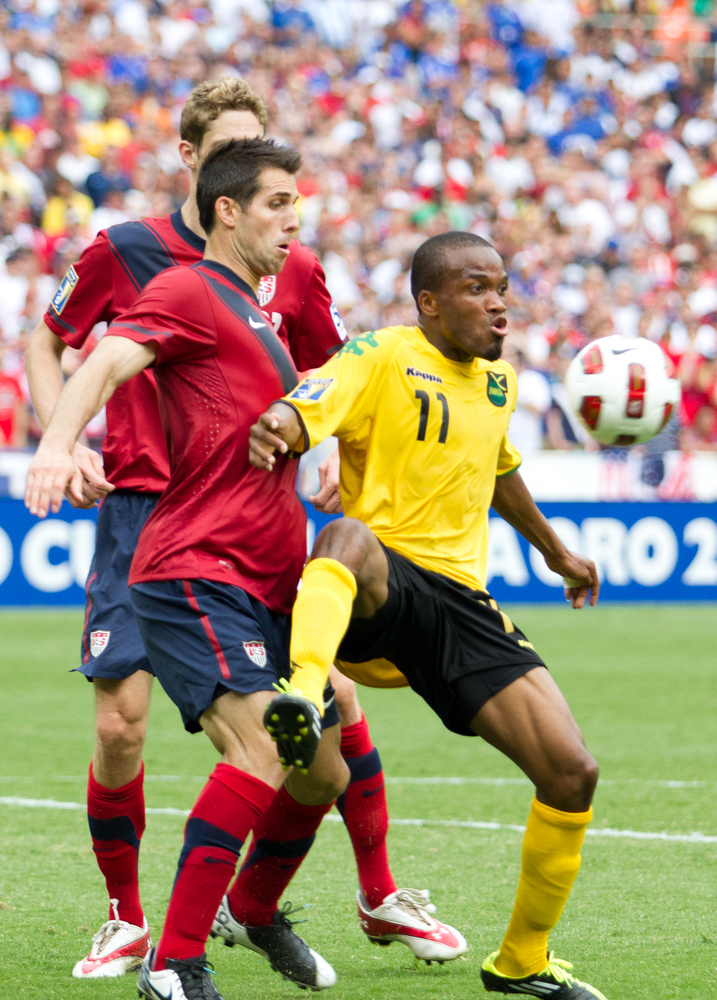
Diane Scavuzzo: Do you think that we are still looking for the diamond in the rough who is going to become the next Messi and save the day?
Or, do you think that we need to focus more on developing players with better technical skills? What do you think our youth are missing when it comes to competing against their counterparts in Europe?
Carlos Bocanegra: I don’t think it’s one single, kind of golden ticket so to speak.
But, we have a pretty good player, Christian Pulisic that came out of Philadelphia. Now he’s playing over at Borussia Dortmund a big club that plays in the champion league.
Pulisic a legitimate star.
He’s one of the top 10, young, under 22 players in the world. Which, we have not been able to say that, maybe ever in the history of American soccer.
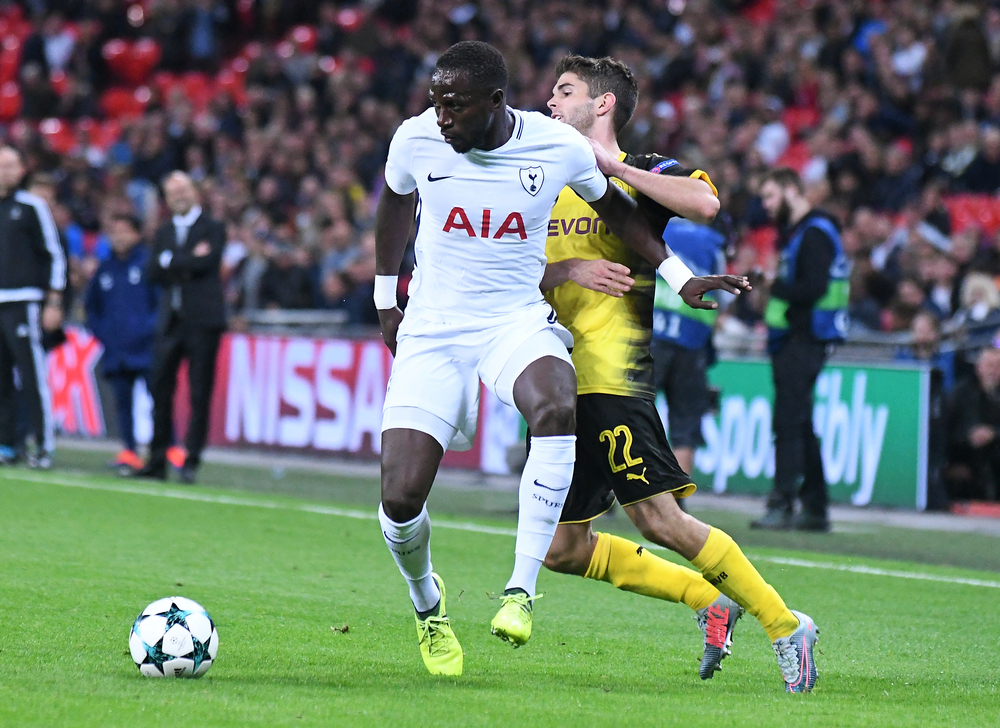
Players like Messi and Christian Pulisic don’t grow on trees so to speak but at the moment we’ve got a world-class player that the national team can build around.
The better kind of supporting cast we can have, the better for the country.
We speak about the coaches getting better. That’s really the thing. If players in a competitive environment is learning properly, it’s going to bode well in five to 10 years and should pay off.
Diane Scavuzzo: Do you think you had great coaching when you were young?
Carlos Bocanegra: No, I think I had a lot of passionate people coaching and as I was able to climb the ladder, the coaches got a little bit better. They were more educated and it was a little bit more structured. But, you had your dads coaching us and the soccer moms. My mom was my first coach actually.
Diane Scavuzzo: Well, if your mom was your first coach, we don’t want to say anything bad about any of your early coaches…
Carlos Bocanegra: No — but, I think what we’re trying to do is educate parents who enjoy soccer or their kids play the sport. We want to give them a little bit more of a foundation. It’s not like parent coaches are going to be professional coaches but if they can be educated and we improve that level.
Then the next level up, when the kids get in junior high, high school and they’re playing club ball around the country, that level’s higher. Then, as they keep climbing the ladder, their coaches are challenged and so are the players.
It doesn’t happen overnight but that’s definitely something we’re putting effort into.
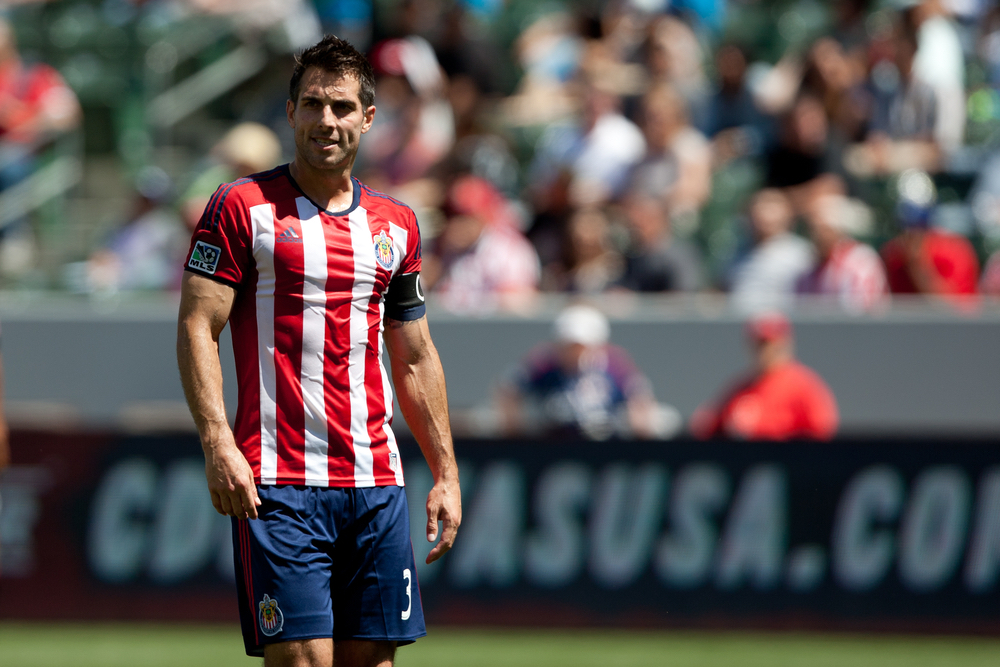
Diane Scavuzzo: Do you believe that we as a country are on the right track?
Carlos Bocanegra: I do and there’s been a lot of programs implemented by U.S. Soccer behind the scenes, even before we did not qualify for the World Cup. These programs are in place and have started rolling out.
Obviously, everybody looks to the negative when you don’t qualify for the World Cup.
That’s the only thing people see and they think we’ve done everything wrong and you need to blow up the system.
Like I said, it was a chance to take a step back and say, “Hey, we’re actually, not doing everything correct,”
We need to ask, “What else can we do?” and then reflect.
And, yes, there are quite a few good things in the pipeline.
Diane Scavuzzo: What are your thoughts on the changes this year in the U.S. Soccer Development Academy to achieve more meaningful competition?
Carlos Bocanegra: You want our players to try and compete against the best week in and week out and challenge the kids.
Competition brings out the best in everyone. You want the competition to be as high a level as possible.
Players either rise to the competition or the need to go back to the drawing board so to speak and work a bit harder.
Competition makes everybody get better.
We’re trying to improve the environments at every club around the country, professional and nonprofessional.
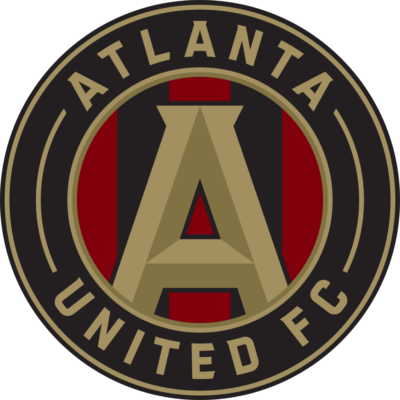
Diane Scavuzzo: How would you describe your DA at Atlanta from other MLS academies? What’s your secret sauce?
Carlos Bocanegra: Thanks but I think a lot of the youth soccer clubs around the country, professional and nonprofessional, are doing a pretty good job.
You see teams like Dallas, Philadelphia, Salt Lake — they’ve been able to produce quite a few players out of their academy. For the last eight to 10 years, they’ve been building towards this. Now, you’re starting to see some of these kids out there on the field.
Red Bull does a good job as well up in New York.
There is no secret sauce — Just trying to make sure we have the best environment, best coaching and best facilities for these kids. Then, we are putting together a great competition structure and curriculum for them to continue to grow.
We’re very fortunate with the talent, the athleticism and the kind of gene pool in and around Atlanta. This is a great area for us and now we’ve got to hone this talent and take it to the next level.
We are building off of what has been accomplished here for the last 20, 30 years in the soccer community. Guys like Josh Wolff, Clint Mathis, Ricardo Clarke, Sean Johnson, all coming out of this area. National team quality players. Players in World Cups.
Diane Scavuzzo: Congratulations on partnering with Allstate to leave a lasting legacy on the Atlanta soccer community. You are obviously familiar with Allstate’s sterling efforts to refurbish the soccer fields in inner cities and help grow the game in the USA?
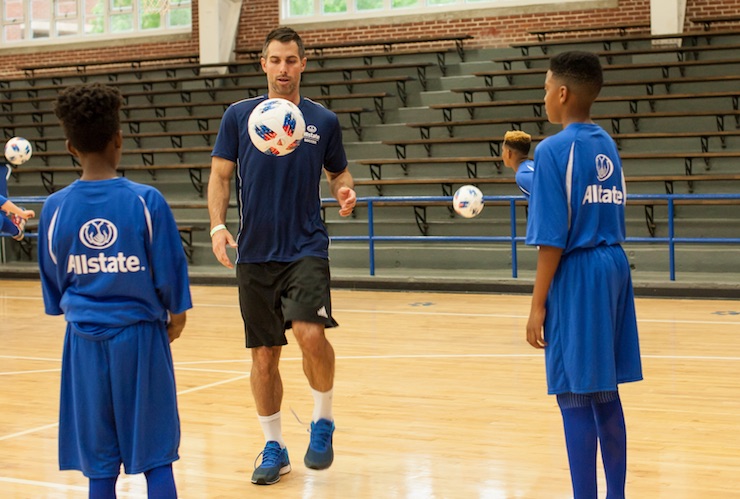
Carlos Bocanegra: Yes, for example, the Brown Middle School. It is pretty cool, they’ve been doing this for about 10 years.
I was pretty excited to be able to work with Allstate, helping develop underserved communities and refurbish fields. Allstate also helps out with gear, replacing nets and just creating a nice place for these kids to play — keeping the dreams alive.
You’ve got companies like Allstate that are doing stuff in the background, at the grassroots level in underserved areas. Working with various other organizations. They’re working here with soccer in the streets this week. It is stuff like this, at the grassroots. Getting better coaching, getting more kids interested.
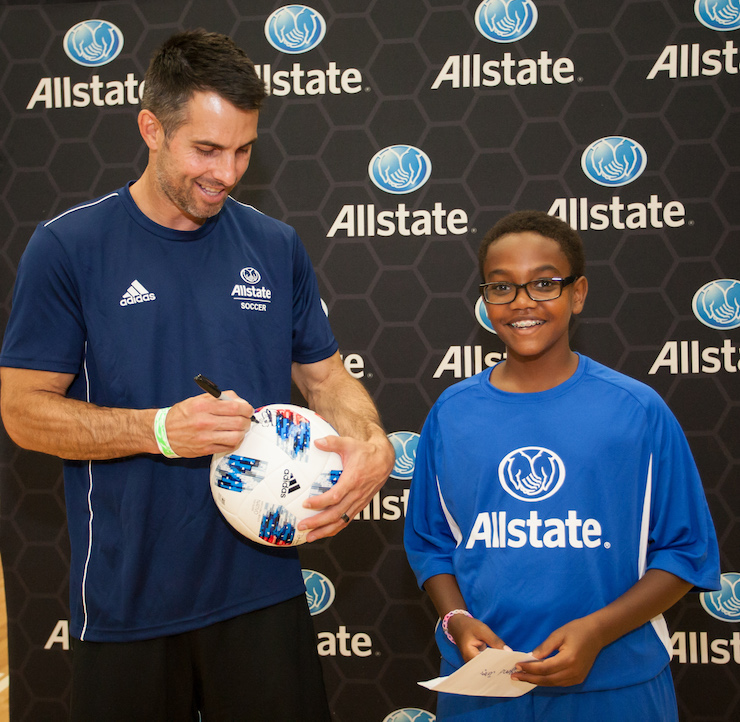
Diane Scavuzzo: How do you think Allstate’s making a difference in the community and across the country?
Carlos Bocanegra: Little by little, if you help out with each community and you give them some hope, it can make a big difference.
It makes a big difference in underserved communities when you have nice soccer balls to play with and you have nice nets to shoot on. It does make a difference if the field is in good shape and it’s not just a dirt lot.
Allstate … What they do makes a huge difference.
If you do that little by little all around the country, that becomes a big difference. Allstate is doing that.





